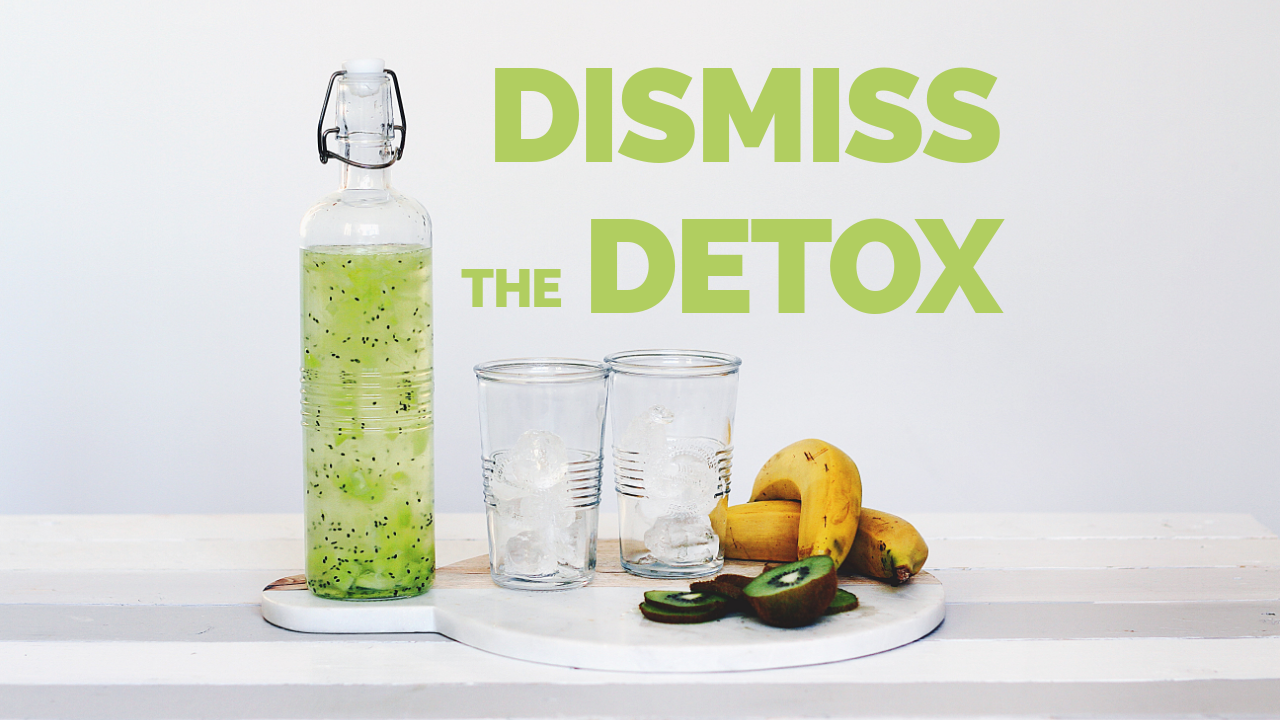Watch out for this legend who is toeing the start line at her first-ever 70.3 at Geelong this weekend. Together with training buddy and cousin Annabel. We’ve been privileged to be a part of their triathlon journeys so asked them to share who they are and what they do.
These two were complete beginners 3 years ago. Now, look at them go as they climb the triathlon ranks. Ironman next year ladies?
Current location: Armadale, a gorgeous suburb in Melbourne, Victoria
Professional background:
Partnership Manager at Crocmedia where I implement and manage media campaigns for big brands such as McDonald's, Kubota, Greyhound Racing Victoria. I’m also hopefully about to start volunteering at Ronald McDonald House Charities!
Sport of Choice:
Originally I came from a Field Hockey background having played since the age of 10 as well as partaking in Athletics, Rowing and Snowboarding (have you seen my quads?). I still do play Hockey in the Victorian Premier...











